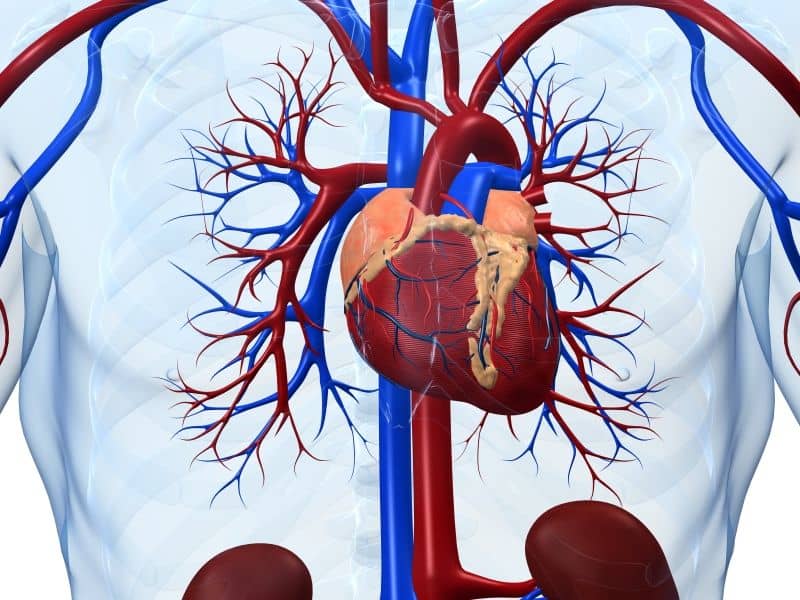Patients in shock after a recent event of acute myocardial infarction (AMI) or cardiac arrest may need a consistent supply of pharmacological support. The higher doses may affect the blood pressure in the patients, but the exact effects are not known. The purpose of this study is to ascertain the optimal mean arterial pressure (MAP) in patients with shock and AMI after cardiac arrest.
This is a patient-level pooled analysis that included a total of 235 patients with shock after AMI. The participants were randomized to either MAP 65 mm Hg or MAP 80/85-100 mm Hg during the first 36 hours after admission. The primary outcome of the study was smaller myocardial injury associated with the targeting MAP.
Out of 235 patients initially randomized, 120 had AMI with shock. Out of 120 patients, 58 were assigned to higher MAP and 62 to lower MAP. Patients assigned to higher MAP received higher doses of norepinephrine and dobutamine. The admission hemodynamics and angiographic findings were all well-balanced, and revascularization was performed with equal effectiveness. Besides, additional pharmacological support did not increase the risk of arterial fibrillation or cardiac arrest. Overall survival with good neurological outcomes was also similar in the two groups.
The findings suggested that in patients with shock after AMI, a higher MAP (80/85-100 mm Hg), supported with inotropes and vasopressors was associated with smaller myocardial injury.
Ref: https://www.onlinejacc.org/content/76/7/812


